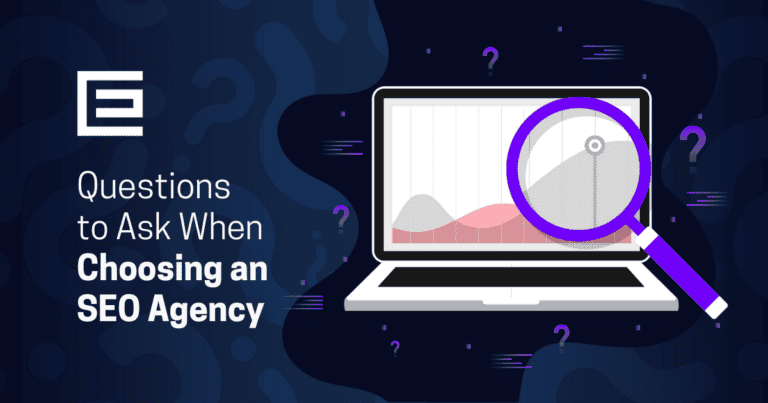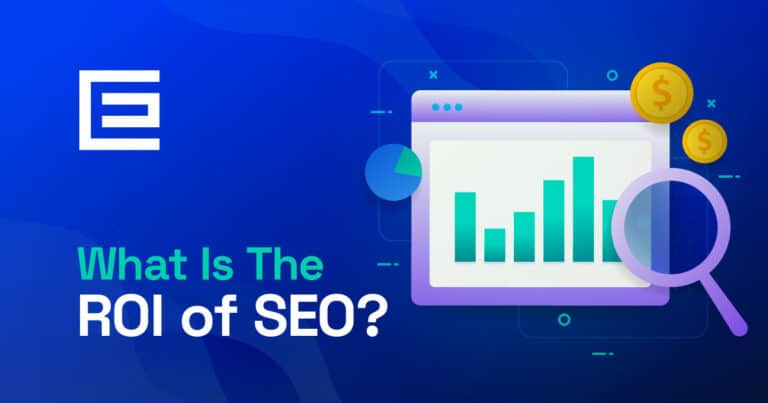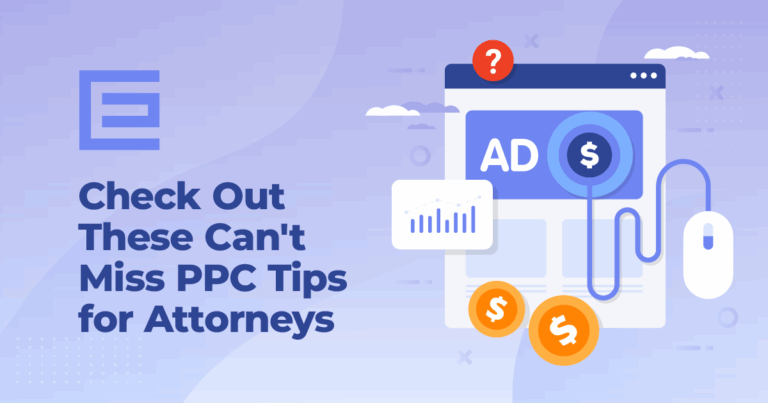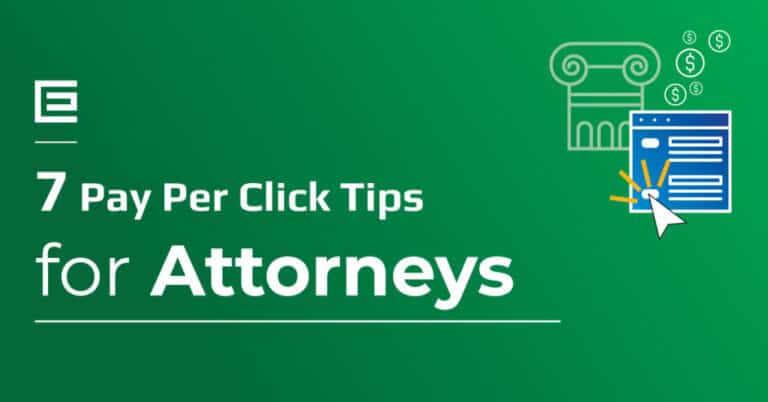Pay-Per-Click (PPC) is a model of Internet marketing where advertisers pay a fee each time one of their ads is clicked. Essentially, it’s a way of buying visits to your site, rather than attempting to “earn” those visits organically. Google Ads is one of the most popular forms of PPC, allowing advertisers to bid for ad placement in a search engine’s sponsored links.
Definition of ROI (Return on Investment)
Return on Investment (ROI) is a performance measure used to evaluate the efficiency or profitability of an investment or compare the efficiency of a number of different investments. In the context of PPC, ROI indicates the financial success of paid advertising campaigns. It’s calculated by dividing the net profit (the profit after advertising costs) by the total advertising costs.
The Importance of Understanding the ROI of PPC
Understanding the ROI of PPC is crucial for any business investing in this form of advertising. It helps you measure the effectiveness of your advertising campaign in terms of financial returns. A high ROI means that the investment gains compare favorably to its cost. In other words, the benefits you receive from a PPC campaign should outweigh the costs.
Understanding the Basics of PPC ROI
How PPC Works
In a PPC campaign, advertisers pay the search engine or other content host a fee each time their advertisement is clicked. This process starts with the advertiser choosing relevant keywords for their business. When a user’s search includes these keywords, the PPC ad may appear in their search results. If the user clicks on the ad, they’re directed to the advertiser’s website, and the advertiser pays a fee for this visit.
How ROI is Calculated in PPC
The ROI of a PPC campaign is calculated by taking the revenue that results from the campaign, subtracting the overall costs, then dividing by the overall costs. The result is expressed as a percentage. If the ROI is positive, the campaign has been profitable. If it’s negative, the costs have outweighed the revenue.
- You can use our ROI Calculator to help.
ROI on PPC Example:
Let’s say you run an online shoe store and decide to set up a PPC campaign for a new line of running shoes. Here’s how you might calculate the ROI:
- Cost of PPC Campaign: You spend $1,000 on your PPC campaign.
- Revenue Generated: The campaign results in 50 sales of the running shoes. Each pair of shoes sells for $100, so the total revenue is $5,000.
- Gross Profit: To calculate the gross profit, you need to subtract the cost of the goods sold from the revenue. If each pair of shoes costs you $40, the cost of the goods sold is $40 * 50 = $2,000. So, the gross profit is $5,000 (revenue) – $2,000 (cost of goods sold) = $3,000.
- Net Profit: To calculate the net profit, you subtract the cost of the PPC campaign from the gross profit. So, the net profit is $3,000 (gross profit) – $1,000 (PPC campaign cost) = $2,000.
- ROI: Finally, to calculate the ROI, you divide the net profit by the cost of the PPC campaign and multiply by 100 to get a percentage. So, the ROI is ($2,000 / $1,000) * 100 = 200%.
This means that for every dollar you spent on the PPC campaign, you made a return of $2. Therefore, this PPC campaign has a positive ROI.
Factors Affecting the ROI of PPC
Several factors can affect the ROI of a PPC campaign, including:
- Keyword Relevance: Choosing the right keywords is crucial. They should be highly relevant to the product or service you’re advertising.
- Ad Quality: The quality of your ad can significantly impact your ROI. A high-quality ad will attract more clicks, leading to more conversions.
- Landing Page Quality: Once a user clicks on your ad, the landing page they land on should be relevant and engaging to encourage them to take the desired action.
- Cost-Per-Click: The cost-per-click (CPC) can also affect your ROI. If the CPC is too high, it might be challenging to achieve a positive ROI, especially if the conversion rate is low.
Improving the ROI of PPC Campaigns
Best Practices for PPC Campaigns
To improve the ROI of your PPC campaigns, consider the following best practices:
- Keyword Selection: Choose relevant and specific keywords that your target audience is likely to use when searching for your product or service.
- Ad Quality: Create high-quality ads that are engaging and compelling. Your ad copy should clearly communicate the unique benefits of your product or service.
- Landing Page Optimization: Ensure your landing pages are relevant to your ads and optimized for conversions. They should have a clear call-to-action and provide a seamless user experience.
- Regular Monitoring and Adjustments: Monitor your campaign performance regularly and make necessary adjustments. This could involve tweaking your ad copy, changing your bid strategy, or refining your keyword list.
Tools and Techniques for Tracking and Improving PPC ROI
There are several tools and techniques available to help track and improve your PPC ROI:
- Google Analytics: This tool allows you to track a variety of metrics related to your PPC campaign, including click-through rate, conversion rate, and cost-per-conversion.
- Conversion Tracking: This involves setting up tracking pixels on your website to track when a user completes a desired action, such as making a purchase or filling out a form.
- A/B Testing: This involves testing different versions of your ads or landing pages to see which performs better.
- Bid Management Tools: These tools can help automate the process of adjusting your bids based on the performance of your keywords.
Case Studies and Examples


Ecommerce Website and Marketing for a Retail Hot Tub Company
Epic Hot Tubs grew its business with an easy-to-use custom ecommerce website redesign.
FAQs
How can I improve my PPC ROI?
To improve your PPC ROI, focus on choosing relevant keywords, creating high-quality ads, optimizing your landing pages, and regularly monitoring and adjusting your campaign. Using tools like Google Analytics and bid management software can also help.
What is a good ROI for a PPC campaign?
A “good” ROI for a PPC campaign can vary greatly depending on the industry, the specific business, and the goals of the campaign. However, a positive ROI, where the revenue generated from the campaign exceeds the cost of the campaign, is generally considered good.
Tags: Our Favorites • Paid Search Marketing







